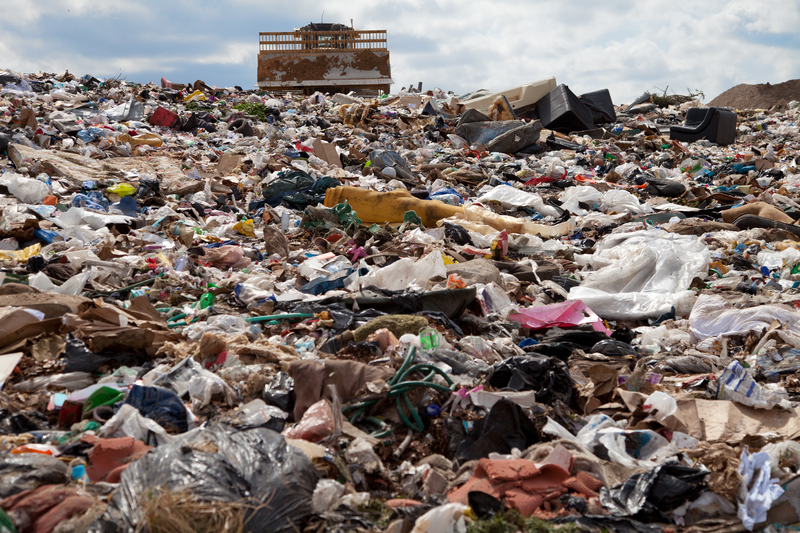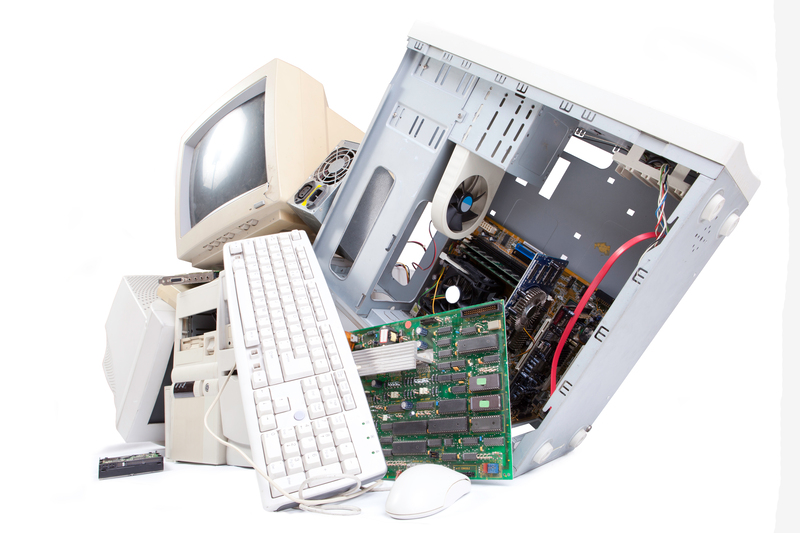Brick and Debris Disposal Tips
Posted on 12/11/2024
Understanding Brick and Debris Disposal
Brick and debris disposal can be a daunting task for any homeowner or contractor. Whether you're renovating an old building, demolishing a structure, or simply cleaning up after a DIY project, knowing how to handle and dispose of unwanted materials is crucial. Mismanagement of debris can lead to environmental harm, unnecessary costs, and potential legal headaches.

Sorting and Segregation
Before you can properly dispose of brick and other construction debris, it's essential to sort and segregate the materials. Separating bricks, concrete, metals, and wood will streamline the disposal process and may even allow you to recycle some of the materials.
To start:
1. **Identify and separate different types of waste.**
2. **Check for hazardous materials** such as asbestos or lead paint and handle them according to local regulations.
3. **Use separate bins or piles** for each type of material.
Recycling Options
Recycling is one of the best ways to handle brick and debris disposal both for the environment and your pocket. Many construction materials, including bricks, can be recycled and repurposed.
Consider the following options:
- **Recycled Aggregates:** Bricks can often be crushed into recycled aggregate and used for new construction projects.
- **Donations:** If the bricks and other materials are still in good condition, consider donating them to local charities or organizations like Habitat for Humanity.
- **Commercial Recycling Centers:** These centers are well-equipped to handle large quantities of bricks and other construction debris.
Hiring Professional Disposal Services
For large-scale projects, hiring a professional disposal service may be the way to go. These companies are equipped to handle, transport, and dispose of construction waste in a safe and efficient manner. They can also ensure that your waste is disposed of in compliance with local regulations.
Some benefits include:
- **Time-Saving:** Professionals can get the job done quickly.
- **Proper Handling:** Ensures that debris is handled and disposed of safely.
- **Convenience:** Reduces the stress of managing the disposal process yourself.
DIY Disposal Tips
For smaller projects, you might opt for a DIY approach to disposal. Here are some tips:
1. **Use a Dumpster Rental:** Renting a dumpster can make the process manageable and keep your site clean.
2. **Plan Your Disposal Route:** Make multiple trips to your local landfill or recycling center if necessary.
3. **Use Tarps and Covers:** To avoid spillage during transport, cover your loads with tarps.
4. **Stay Informed:** Make sure you understand local disposal regulations to avoid fines.
Pros and Cons of Different Disposal Methods
**Pros:**
- **Recycling and Repurposing:** Environmentally friendly and can sometimes generate revenue or savings.
- **Professional Services:** Efficient, hassle-free, and compliant with regulations.
- **DIY Disposal:** Cost-effective for smaller projects and offers greater control.
**Cons:**
- **Recycling and Repurposing:** May require additional effort and transportation.
- **Professional Services:** Can be costly.
- **DIY Disposal:** Time-consuming and may require physical effort.

Key Takeaways
- **Sort and segregate** your materials to streamline disposal.
- **Explore recycling options** to minimize environmental impact.
- **Consider professional services** for large scale projects.
- **For smaller projects**, DIY disposal can be effective but requires planning and effort.
- Always **adhere to local regulations** to avoid legal issues.
Conclusion
Properly managing brick and debris disposal not only keeps your project site clean and safe but also benefits the environment. Whether you choose to recycle, hire professionals, or manage the disposal on your own, understanding the best practices and weighing the pros and cons will lead to a more efficient and hassle-free process. Plan carefully, stay informed, and take the necessary steps to ensure responsible disposal.
Latest Posts
The Green Kitchen: How to Recycle Pots and Pans Responsibly
Identifying Hazardous Waste: A Guide to Recognizing Dangerous Materials
Creative Ways to Recycle and Repurpose Your Clothes

 020 3409 1874
020 3409 1874 020 3409 1874
020 3409 1874




 House clearance
House clearance Rubbish collection
Rubbish collection





